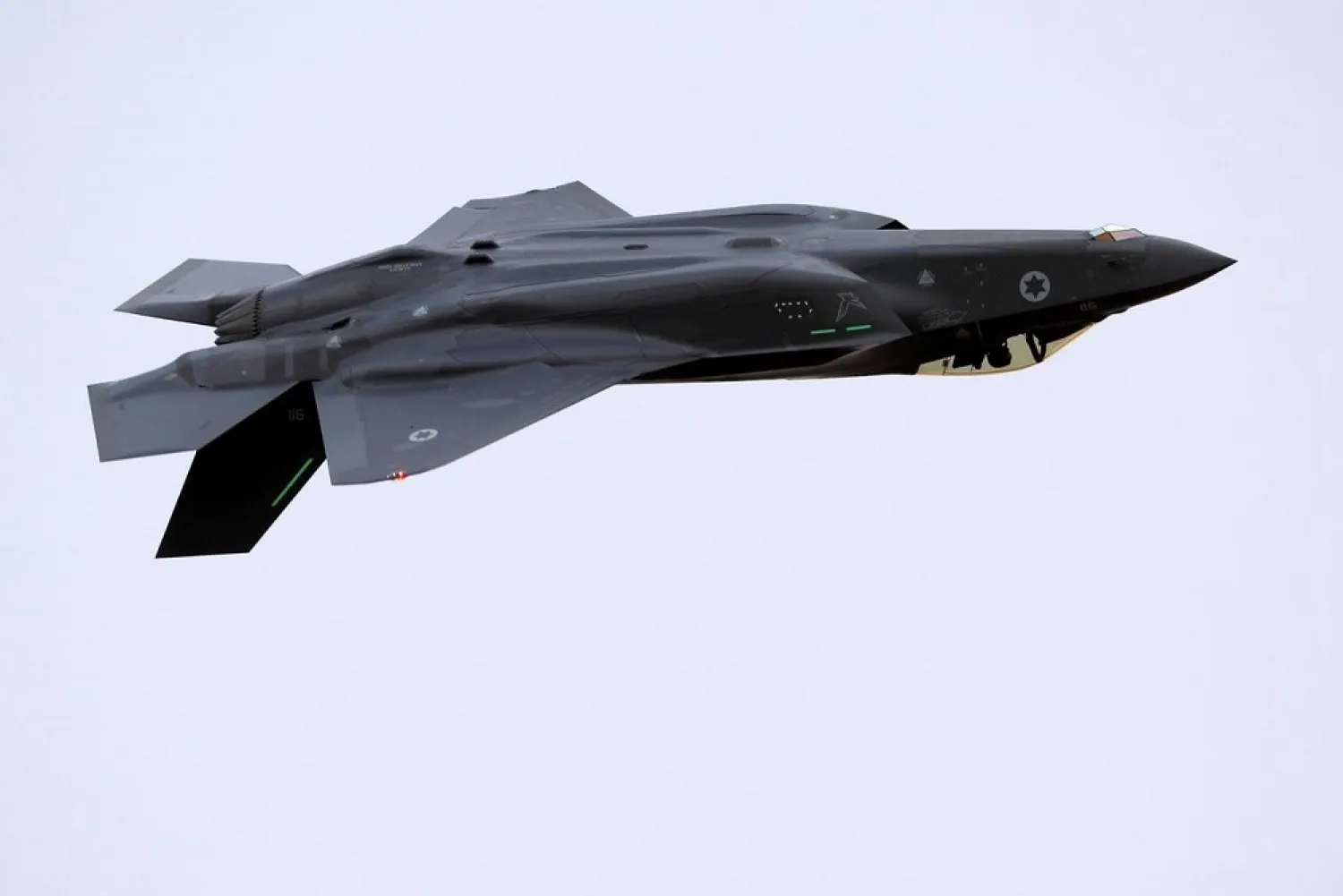Israel has expanded the scope of its Iranian targets in Iraq and Syria, western diplomatic sources told Asharq Al-Awsat amid reports that Tel Aviv carried out an airstrike earlier this month against an Iranian rockets depot northeast of Baghdad.
The July 19 attack was carried out by an Israeli F-35 fighter jet, they added.
On Sunday, the Ashraf base in Iraq, a former base used by the Iranian opposition People's Mujahedin of Iran, was targeted by an air raid, said sources.
The base lies 80 kilometers from the border with Iran and 40 kilometers northeast of Baghdad.
The sources revealed that the strikes targeted Iranian “advisors” and a ballistic missile shipment that had recently arrived from Iran to Iraq.
Last week, Syria’s Tal al-Hara was struck by Israeli jets.
The diplomatic sources said the attack targeted Iran’s attempt to seize control of the strategic hill, located in Daraa countryside in southern Syria.
Amid these developments, Israeli Prime Minister Benjamin Netanyahu announced Sunday that Israel’s US-backed Arrow-3 ballistic missile shield had passed a series of live interception tests over Alaska, casting the achievement as a warning to Iran.
Jointly manufactured by US firm Boeing Co, Arrow-3 is billed as capable of shooting down incoming missiles in space, an altitude that would destroy any non-conventional warheads safely.
It passed its first full interception test over the Mediterranean Sea in 2015 and was deployed in Israel in 2017.
“The performance was perfect - every hit a bull’s eye,” Netanyahu, who doubles as defense minister, said in a statement announcing the three secret tests.
Israel views the Arrow-3 as a bulwark against the ballistic missiles fielded by Iran and Syria.
Iran has been locked in a spiraling confrontation with the United States over its nuclear program and missile projects.
Washington said last week that Iran appeared to have tested a medium-range ballistic missile that flew about 1,000 km (620 miles). Tehran said such tests were for defensive needs.
“Today Israel has the capabilities to act against ballistic missiles launched at us from Iran and from anywhere else,” Netanyahu said. “All our foes should know that we can best them, both defensively and offensively.”









